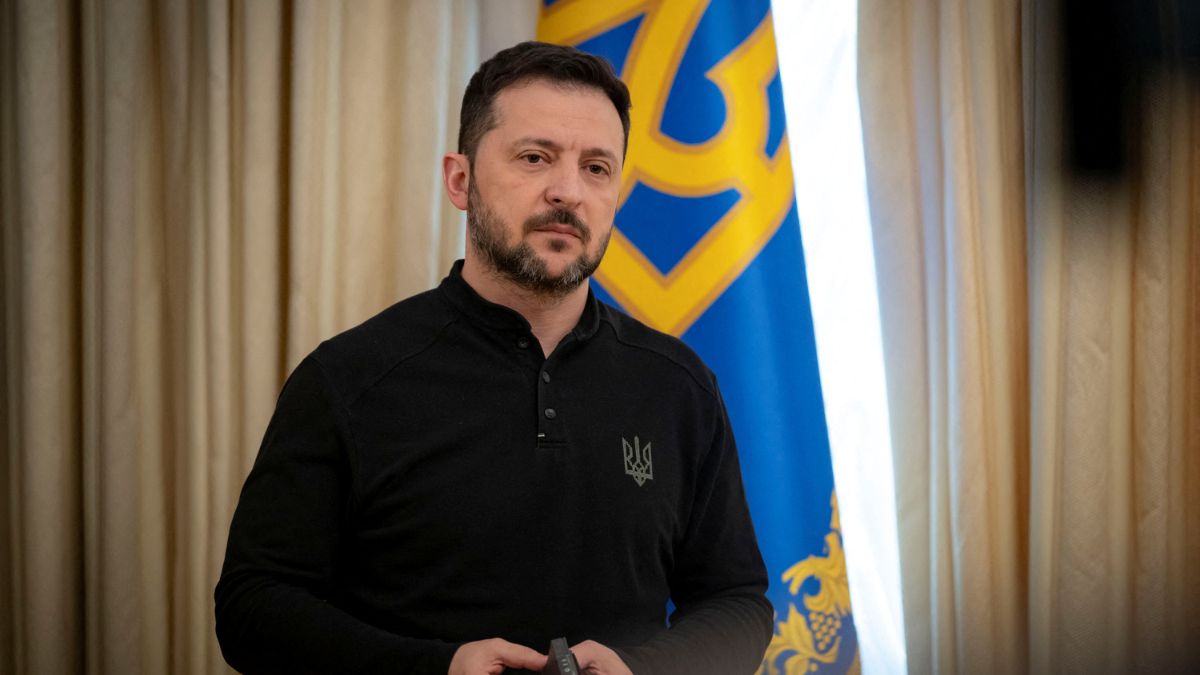Ukrainian President Volodymyr Zelenskyy has responded to US President Donald Trump’s recent remarks, in which he compared the conflict between Ukraine and Russia to a playground fight.
Speaking to ABC News on June 6, Zelenskyy emphasised the intensity of the conflict and argued that people who are not in Ukraine cannot completely comprehend its consequences.
According to Zelenskyy, comparing the war to a playground fight distorts the reality of Russia’s aggressiveness.
“We are not kids with Putin at a playground,” he emphasised. “Putin is a murderer who came to this park to kill the kids.”
Zelenskyy reacted to Trump’s statements earlier this week, in which the US president stated that Ukraine and Russia should be allowed to “fight it out” before he intervenes, implying probable sanctions on both countries.
Zelenskyy emphasised that the issue is not Trump personally, but rather the physical and emotional barrier between people watching the war from afar and those experiencing it.
“It’s not about President Trump. It’s about anyone thousands of miles away who cannot fully feel or understand this pain,” Zelenskyy explained.
Zelenskyy highlighted the human toll of the war by sharing a story about a Ukrainian father who lost his wife and three children in a Russian missile strike. Though unnamed, the man was likely Yaroslav Bazylevych, whose family died in a similar attack last year.
Zelenskyy said that the father told him: “Every morning when I wake up, I look for my family all over the apartment… It still feels like a nightmare… a bad dream.”
Impact Shorts
More ShortsZelenskyy stated that such agony is hard to understand for those who have not experienced it firsthand, and he emphasised the necessity for further international pressure on Russia.
Following his discussion with President Trump in Washington on June 5, German Chancellor Friedrich Merz cautioned that some US senators are unaware of the scope of Russia’s rearmament efforts.
Merz spoke in Berlin, urging US senators to recognise the threat presented by Russia’s military development and supporting Trump’s proposal for Nato members to increase defence expenditure to 5% of GDP.


)

)
)
)
)
)
)
)
)



